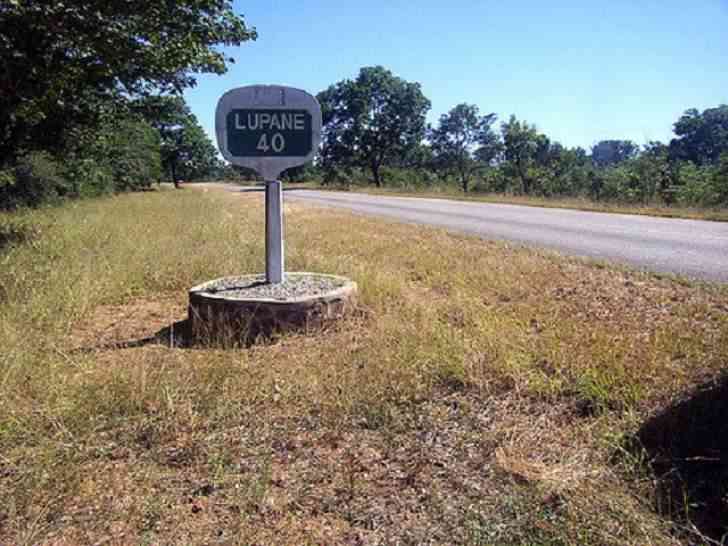
BY TANYARADZWA NHARI
The Zimbabwe Investment and Development Agency (Zida) has begun the search for a new chief executive officer (CEO) to replace Douglas Munatsi, who died in a fire incident at his Harare home in December.
Zida was established through a 2019 Act of Parliament to drum up both foreign and domestic investment for the country.
Munatsi, the founder and ex-CEO of pan-African financial services giant, African Banking Corporation, was head-hunted by President Emmerson Mnangagwa’s administration to take charge of the tough assignment.
Zida chief finance officer, Duduzile Shinya has been acting CEO since Munatsi’s death.
In a statement released on Friday, Zida said it was searching for an executive with capacity to help the country create “a conducive environment that attracts the inflow of foreign direct investment capital into Zimbabwe as well as mobilise local investment”.
“The CEO reports to the Office of the President and works with an advisory board in line with the ZIDA Act,” the agency said.
The new CEO will take charge during a period when the country has been struggling to attract investment to fund economic recovery programmes.
- Chamisa under fire over US$120K donation
- Mavhunga puts DeMbare into Chibuku quarterfinals
- Pension funds bet on Cabora Bassa oilfields
- Councils defy govt fire tender directive
Keep Reading
The economy will require a staggering US$8 billion in funding to implement National Development Strategy 1 (NDS1) programmes and projects this year, according to Treasury.
This would be double the funding Zimbabwe required last year.
But this year’s total investment target for NDS 1 programmes and projects remains a herculean task given that the country will compete with other African nations.
Covid-19 also remains a big threat to investment prospects.
Presenting the 2022 National Budget in November, Finance minister Mthuli Ncube said the US$8 billion will be part of a wider US$40 billion investment strategy till 2025.
“Government has developed the NDS1 programmes and projects investment plan (2021-2025),” Ncube said.
“Overall funding requirement for the investment plan for the entire five years amount to over US$40 billion.”
The plan was a culmination of extensive consultations with stakeholders through the Thematic Working Groups (TWGs) established during the NDS1 formulation process.
Programmes and projects identified under the plan will be implemented by central government, local authorities, state-owned enterprises and the private sector under each of the 14 national priority areas and are meant to deliver the objectives of NDS1.
He said whilst the bulk of the overall funding plan would be mobilised through the budget, creative ways of leveraging private investment will have to be explored, given the limited capacity of the fiscus.










